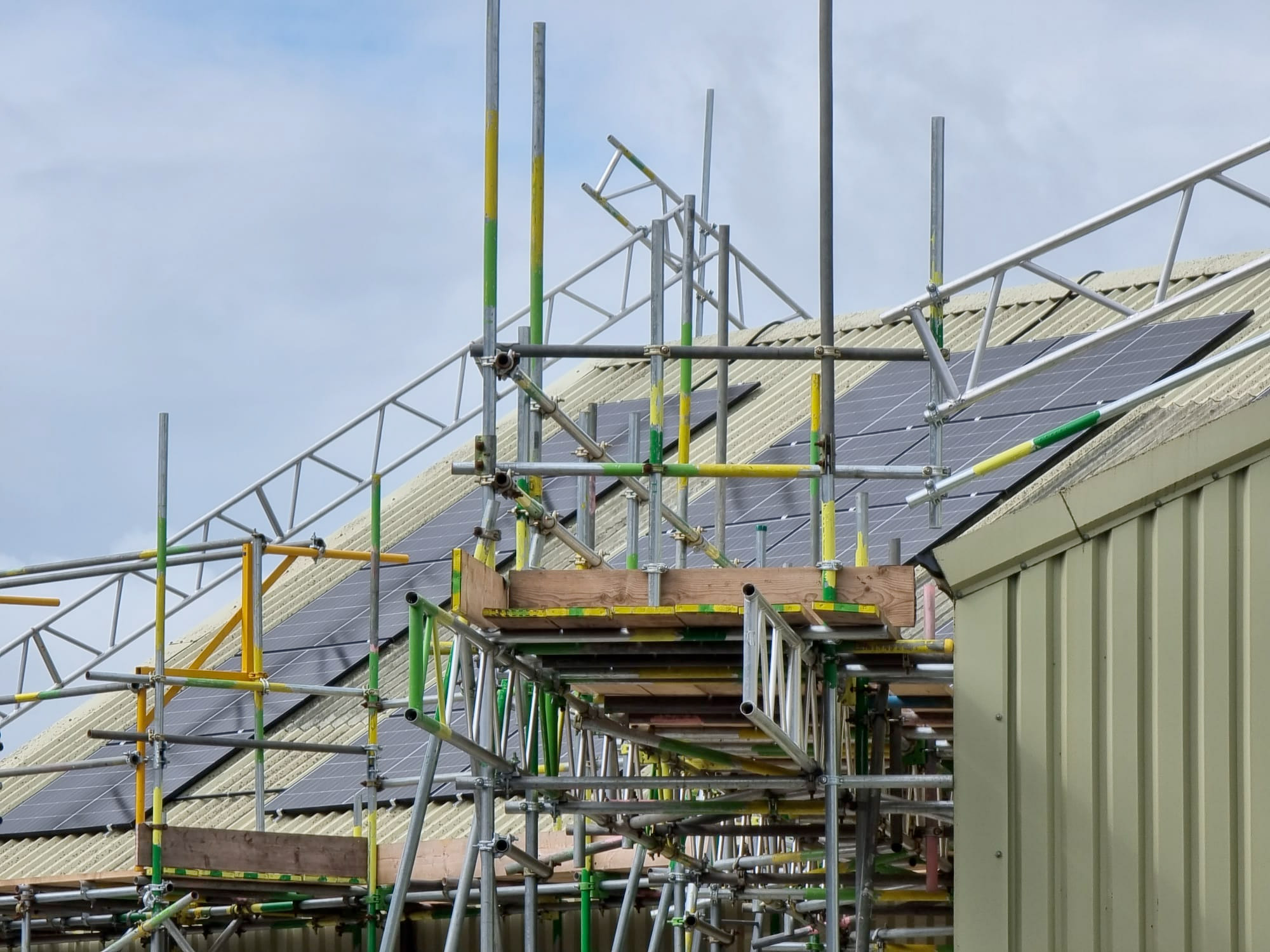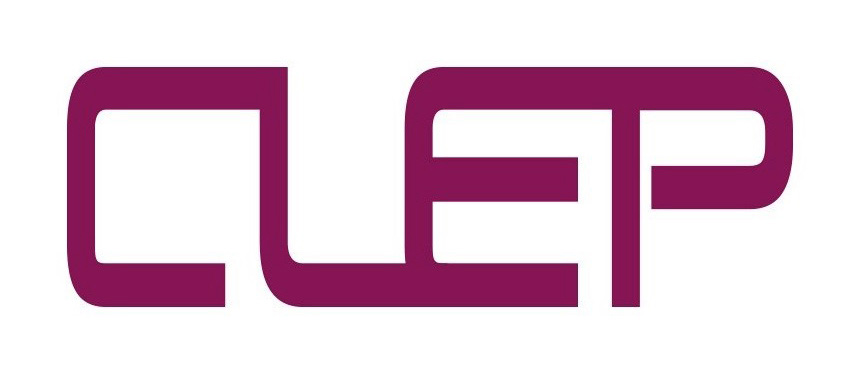Business Decarbonisation
CLEP’s Business Decarbonisation 10 Point Plan was produced following engagement with business leaders and interaction with CLEP’s Business Hub. The key focus of each of the 10 points of the Plan are outlined below:
- 1.Business Decarbonisation Leadership
The strategic importance of business governance body to provide visible leadership on this agenda, to sit alongside the Clean Energy Sector Panel. - 2.Assess, Map and Track
Develop a Cumbria-level performance management framework that provides an accurate baseline, tracks progress and provides comparison with other areas to assess progress. - 3.Energy Intensive Industries
Work with our bigger companies to support large scale decarbonisation. - 4.Decarbonisation System Navigator
Provide clear guidance and “horizon scanning” for companies through the wealth of information and initiatives available. - 5.Business to Business Support
Sharing best practice and case studies from our diverse range of businesses to work together for decarbonisation. - 6.Establishing Funding Routes
Provide awareness and guidance for government funding initiatives and other potential investment opportunities. - 7.Decarbonisation Events Programme
Implement a programme of workshops of decarbonisation, including assessing footprint, calculating return on investment, exploring appropriate technologies and securing investment. - 8.Accreditation and Training
Provide advice for decarbonisation training programmes and benchmarking accreditation schemes. - 9.Facilitate the First Steps
Promote the common energy efficiency schemes all businesses can apply. - 10.Promote the Successes and Address the Challenges
Provide wide stakeholder awareness of our successes and address the particular challenges for Cumbria.
Cumbria Energy Intensive Industries
Cumbria Local Enterprise Partnership have completed a review of our Energy Intensive Industries which comprise many of our biggest employers that deliver a major contribution to the Cumbria economy with internationally recognised businesses.
The review highlights how our companies are taking very proactive approaches to net zero as well as identifying significant opportunities for industrial decarbonisation that the LEP will champion.
Download: Business Decarbonisation: A Review Of Cumbria Energy Intensive Industries (PDF, 1.3MB)

Case Study: Burlington Slate Ltd

What does the business do?
Burlington Slate Ltd are experts in the quarrying, extraction, and manufacturing of natural stone products. They are based in Kirkby-in-Furness and have operated since the mid-19th century.
Need for decarbonisation:
The energy used for production processes was sourced from the national grid, which is only partially made up of renewable sources, and therefore associated carbon emissions were higher than they could have been.
Method of decarbonisation:
The installation of 890 solar panels on the roof of the production space allowed the business to generate 275,000 kWh of electricity per year – nearly a third of the company’s total energy use.
Grant support:
The grant provided by the Cumbria Local Enterprise Partnership as part of the Innovating for Success scheme grant contributed £20,000 of the £250,000 total project cost, amounting to just over 8%.
Outcomes:
- Additional clean energy generation capacity.
- 647 tonnes of CO2e emissions avoided over the next 10 years.

Case Study: Brathay Trust

What does the business do?
The Brathay Trust is a charity that offers “life-changing community programmes to children, young people and families in need” as well as outdoor education initiatives for schools, community groups and public sector organisations.
Need for decarbonisation:
The Trust’s outdoor learning activities are based at Brathay Hall, a grade II listed Georgian manor house on the shore of Lake Windermere. Old single-glazed windows meant a large amount of energy was lost as heat through conduction.
Method of decarbonisation:
The grant facilitated the installation of upgraded double-glazed windows, reducing heat loss and improving energy efficiency, thereby reducing the CO2 emissions associated with Brathay Hall’s energy use.
Grant support:
The grant provided by the Cumbria Local Enterprise Partnership as part of the Innovating for Success scheme grant contributed £18,422 of the £55,825 total project cost, amounting to approximately 33%.
Outcomes:
- Improved energy efficiency.
- Over 121 tonnes of CO2e emissions avoided over a 10-year period.
“The CLEP grant not only helps to future-proof an historic building, vital to Brathay’s existence, but also supports the charity’s commitment to save energy and improve sustainability”
– Teresa Jennings, CEO of The Brathay Trust.


